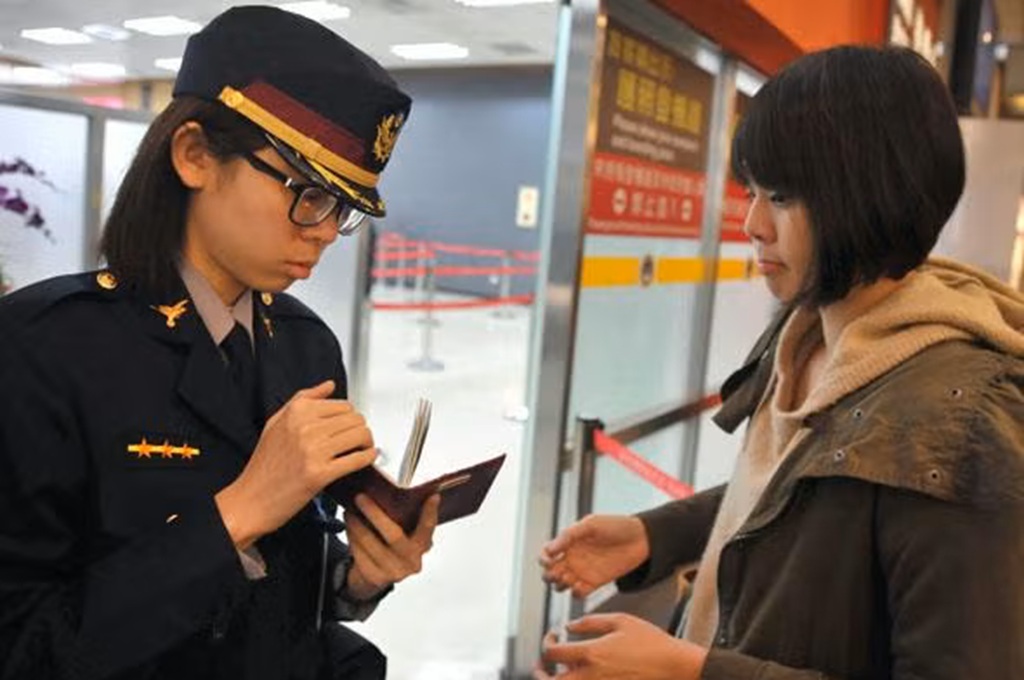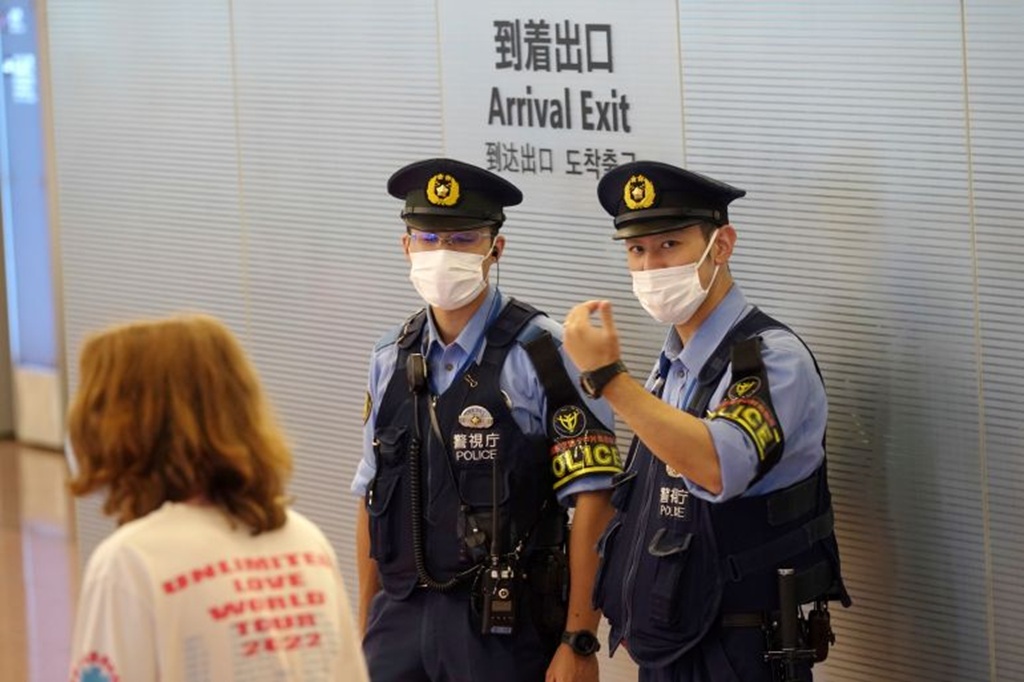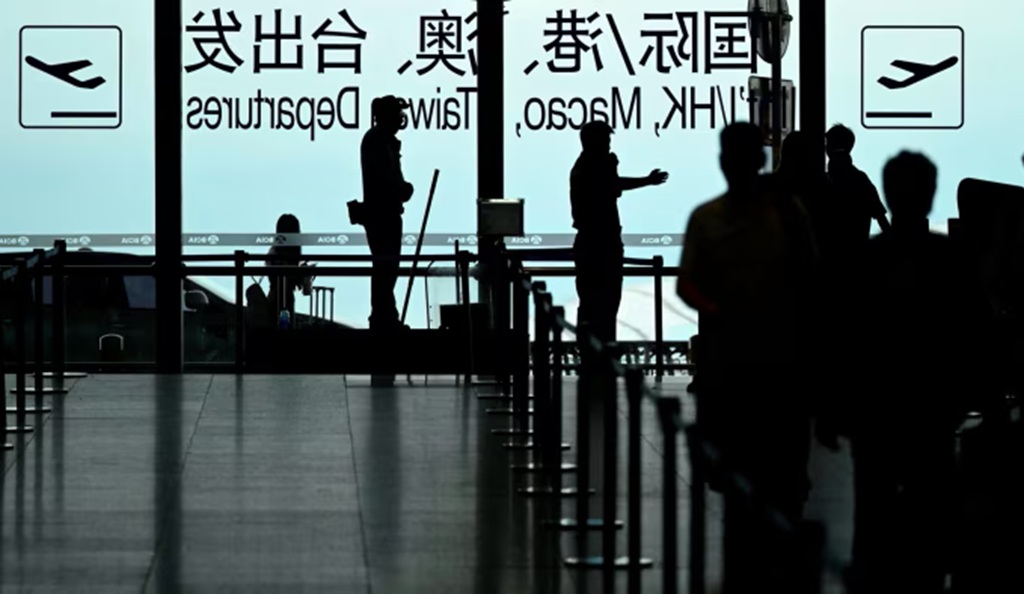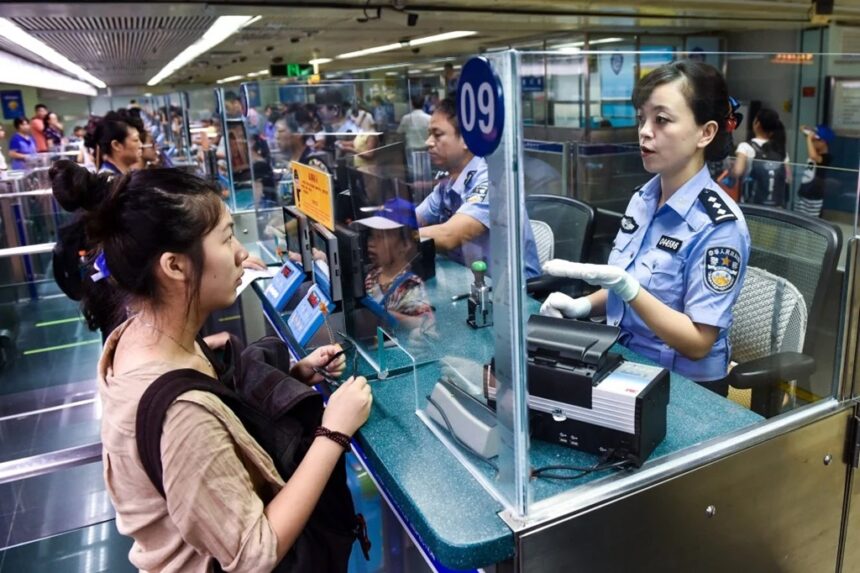BEIJING— China is drawing sharp attention for stepping up its use of exit bans, a legal measure that stops both locals and foreigners from leaving the country. This surge has sparked unease among foreign governments and businesses, especially after several recent cases involving American citizens.
Many now question whether China is using these exit bans as bargaining chips in diplomatic disputes, especially as tensions with the US rise over trade and security issues. These bans are adding to worries for anyone thinking about investing in or visiting China.
Exit bans in China are legal orders that keep people from departing the country. Authorities can use these bans in different situations, from criminal probes and civil fights to issues linked to national security.
The laws, such as the Exit and Entry Administration Law, give officials broad power, often without clear reasons or an open process. Most people under exit bans are not arrested or jailed. Instead, they find out they cannot leave, only when they try to move across the border.
While exit bans are not new, their use has grown a lot since President Xi Jinping came to power. From 2012 onwards, China has added or changed 15 exit ban laws, up from just five before Xi’s tenure, according to Safeguard Defenders, a human rights group.
The process for challenging ban orders is unclear, and there is no working bail system. This leaves many stuck for weeks, months or even years, waiting to resolve their cases.

Who Gets Targeted by Exit Bans?
Exit bans in China affect many, from regular citizens and activists to journalists, businesspeople, and even the relatives of those under investigation. Locals with financial disputes, legal problems or those seen as critics of the state often become targets.
Human rights lawyers, campaigners and ethnic minorities like Uyghurs have faced exit bans, meant to restrict information or curb dissent. A 2022 court report cited by Safeguard Defenders claimed that, from 2016 to 2018, 34,000 people were prevented from leaving due to financial disputes, a 55% rise compared to earlier years.
Foreign nationals can also be caught in these restrictions, although less often. The Dui Hua Foundation estimated in 2024 that more than 30 Americans were under exit bans, but the real number could be higher. Business leaders, especially those linked to state-run firms or sensitive industries, face added risk.
For example, in 2019, two American siblings, Cynthia and Victor Liu, were kept from leaving China for three years. Authorities hoped this move would pressure their father, who was wanted by Beijing, to return.
In another case, a 7-year-old American child and his mother have been banned from exiting China since August 2024. This is linked to the detention of the boy’s father, New York artist Gao Zhen, who was accused of criticizing Chinese leaders in his artwork.
Some recent incidents have made headlines, especially those involving Americans working for the government or large companies. In April 2025, a Chinese American with the US Commerce Department’s Patent and Trademark Office was blocked from leaving after failing to tell the authorities about his government job on his visa paperwork.
State Security officers questioned him at length about his past service in the US Army and took away his passport and electronics. Another case involves Mao Chenyue, a Wells Fargo managing director, blocked from leaving while under criminal investigation, which led the bank to suspend all staff travel to China.
These cases highlight particular risks for naturalized Americans with Chinese backgrounds, since China does not accept dual nationality and may treat these citizens as only Chinese.

Exit Bans as a Pressure Tool
Critics in the US and beyond say that China uses exit bans to put pressure on foreign governments and companies. The timing of some bans, especially those that match up with trade talks or high-level meetings, suggests that officials may use them for influence in disputes. CNN quoted one analyst, Yang, saying these cases could complicate talks between China and the US, especially ahead of a possible Xi-Trump summit.
Using exit bans as leverage is not new. The 2018 Liu siblings’ case was widely seen as an attempt to force their father’s return. There are also links between bans and business disputes, especially those involving state-owned firms, to force companies to give in to Chinese demands.
The US issued a travel warning in November 2024, saying that exit bans may force Americans to take part in investigations, help lure people back to China or tip court cases in favour of Chinese interests. With tough counterespionage laws added to the mix, some businesses are now rethinking their presence in the country.

Americans Stuck in China
As more Americans are caught up in exit bans, the issue has become a sore point in US-China relations. The case of the Commerce Department staffer, believed to be the first known US government worker targeted this way, drew strong criticism.
Congressman John Moolenaar called it “another case of CCP hostage diplomacy,” while Commerce Secretary Howard Lutnick called the ban shocking and wrong, stressing that the employee was in China on personal business.
The US State Department is making these cases a top priority, with officials insisting they put citizen safety first. But China’s opaque legal system makes things hard.
Unlike full detentions, where people are in custody, exit bans don’t fit the US definition of “wrongful detention.” That makes it even harder to work out a diplomatic solution, leaving people like the Commerce Department worker and Mao Chenyue stuck in long talks with Chinese officials.
China’s heavier use of exit bans is part of a broader move toward tighter state control under Xi. This shift is making foreign businesses and travellers more cautious.
The US Chamber of Commerce recently noted that growing counterespionage rules and exit bans push investors away, especially as China battles a real estate downturn and new rules. The EU Chamber of Commerce has issued similar warnings, saying that these bans send confusing signals to those considering investment.
On a personal level, the risk of being blocked at the border is now a real concern. According to NBC News, a US citizen who grew up in Shanghai now hesitates to visit his hometown, worried that a ban could strand him in China.
Companies are responding by advising staff who travel to China to check their backgrounds for any links that might draw attention, such as past government work or online criticism of Beijing.
Exit bans have become a blunt tool in China’s approach to domestic control and foreign policy. As long as legal processes stay murky, people and businesses with links to China face uncertainty.
The risk is not just personal but also has wider effects on diplomacy and global commerce, with many watching to see how far China will go in using this measure.














